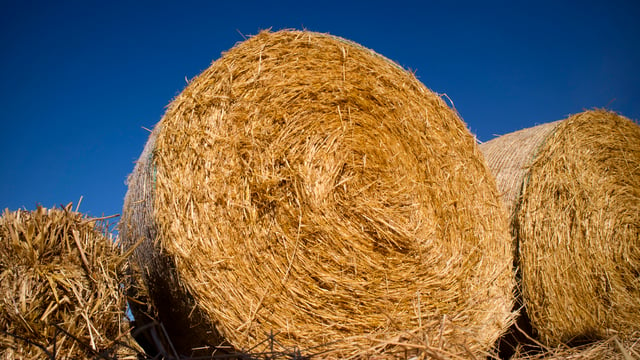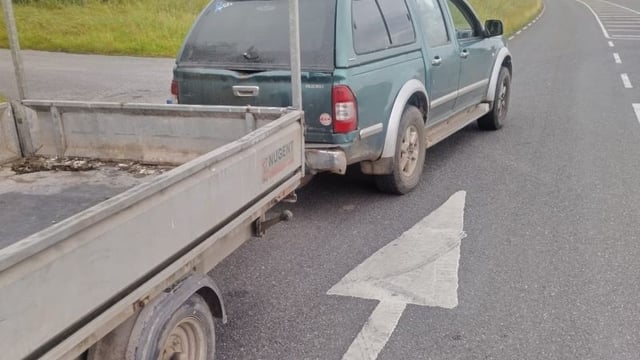Action plan to address issue of food poverty in Ireland
An action plan to address the issue of food poverty in Ireland has been published by the Minister of State with responsibility for Community Development and Social Inclusion, Joe O’Brien.
The plan defines food poverty as "the inability to afford, or to have access to the food necessary for a healthy diet". Food poverty is about difficult choices (food vs. fuel, skipping meals etc.) and long-term unhealthier food choices.
Most recent figures available show that the rate of food poverty in Ireland was at 9.0% in 2022, up from 8.9% in 2021. In 2020, levels spiked at 12.0%, compared to 7.4% in 2019, according to the Department of Social Protection.
The action plan sets out 21 actions to be implemented to address food poverty in Ireland. The plan was informed by research into the nature of food poverty which highlighted that household income is a "key factor".
The Food Poverty Action Plan includes the following actions:
- Strengthening the Social Protection system;
- Continue the work of the Low Pay Commission;
- Implementing a living wage;
- Continue to expand the Hot School Meals scheme;
- Support the provision of vehicles for meals on wheels services;
- Develop the next obesity policy and action plan;
- Support third-level students on food security;
The action plan is a result of the work undertaken by the Food Poverty Working Group which was established by the minister in 2021 with representatives from government departments and the community and voluntary sector.
There is no official food poverty indicator in Ireland. However, in 2012 the Economic and Social Research Institute (ESRI) developed a measure which is derived using data from the annual Survey on Income and Living Conditions.
This measure defines food poverty as "the inability to have an adequate and nutritious diet due to issues of affordability or accessibility".
Using this approach, food poverty is measured by the percentage of individuals experiencing one or more of the following:
- Unable to afford a meal with meat, or vegetarian equivalent, every second day;
- Unable to afford a weekly roast dinner (or vegetarian equivalent);
- Missing one substantial meal in the last fortnight due to lack of money.
Research into the nature of food poverty in Ireland analysed the prevalence of food poverty, identified its drivers, and examined the range of service providers in one urban area in Dublin and one rural area in Connaught.
The research by Amárach Research, on behalf of the working group, shows that whilst there are differences between the lived experiences of rural and urban communities, there is evidence of food poverty in both locations.
Those who have been affected by poverty, and food poverty, for some time continue to struggle on a day-to-day basis, whilst a proportion of people not previously affected appear to be moving closer to experiencing food poverty.





